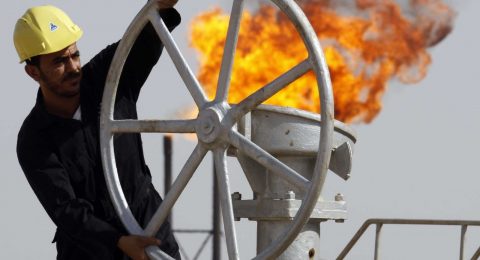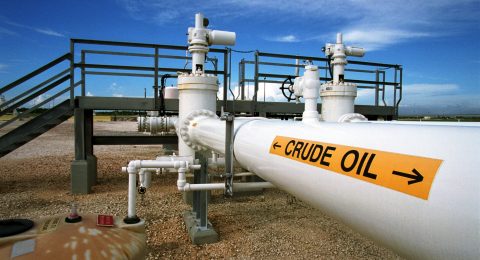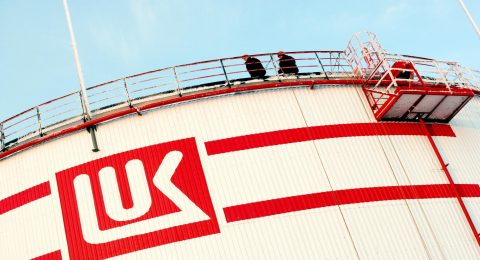Iraq has approved the sale by Norway’s Statoil ASA of its minority stake in a giant oil field to Lukoil OAO, making the Russian firm the sole foreign partner in one of Iraq’s biggest new oil projects, two Iraqi oil industry sources said on Wednesday.
Statoil will sell its 18.75 percent state in the West Qurna Phase-2 field to Lukoil, giving the Russian firm a 75 percent stake. An Iraqi state oil company owns the other 25 percent.
The deal makes Statoil the first big Western oil firm to abandon one of the lucrative oil deals offered by Iraq in recent years.
“Statoil reached an agreement with Lukoil to sell its stake in West Qurna-2, and Iraq’s Oil Ministry approved the deal,” an Iraqi oil industry source said.
Another Iraqi oil industry source confirmed the deal. “Statoil has sold its stake to Lukoil, and Lukoil now is the sole operator of West Qurna-2,” the second source said.
Statoil confirmed it was in talks to sell the stake and said it would comment fully when the deal was finished.
“Both Lukoil and Iraqi authorities have previously confirmed that we have initiated a process to transfer our shares in the West Qurna-2 project in Iraq,” a spokesman said. “We will inform when this process is complete.”
The Norwegian state company has considered quitting Iraq for some time and turning its attention to less risky assets elsewhere, industry sources say. It is planning billions of dollars worth of investments in areas such as offshore Norway and in the United States.
Lukoil and Statoil sealed the 20-year deal in December 2009 to develop the virgin field. They targeted a plateau output of 1.8 million barrels per day (bpd) in six years.
Iraq has signed several oil deals to develop its vast oil fields, which target capacity of 12 million bpd by 2017.
Infrastructure bottlenecks and bureaucratic hurdles make achieving a target of 6 million bpd look ambitious, but the deals are still expected to make Iraq one of the world’s biggest sources of new oil in the next few years.
Iraq’s oil production has been held back by decades of war and sanctions, but officials say they now expect it to rise quickly. Iraq said this week its production had reached 3 million bpd for the first time since 1979.
Source: Reuters











